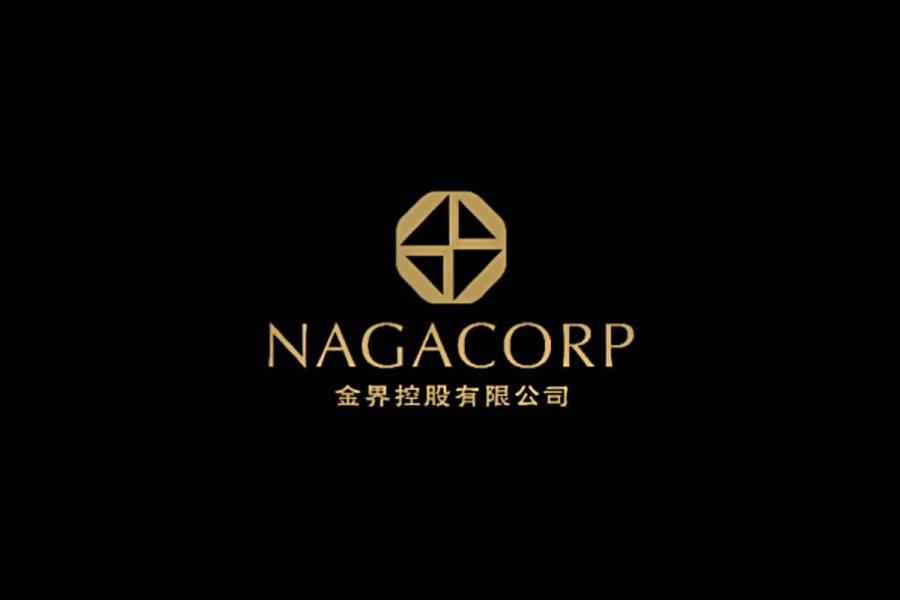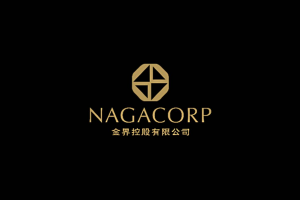NagaCorp issues profit warning due to Vladivostok project impairment

NagaCorp expects to record between negative US$6.9m and positive US$3.1m for the first half of the year.
Cambodia.- NagaCorp has issued a company filing announcing that it expects to report a profit of between negative US$6.9m and positive US$3.1m for the first half of the year, compared to a profit of US$83m reported during the same period in 2023.
The company attributed the anticipated decrease in profit or potential loss to an impairment on the company’s Vladivostok gaming and resort project in Russia. The independent revaluation of this project, conducted by an external valuation firm, indicates an impairment ranging between US$85m and US$95m.
“Such impairment was due to an increase in the discount rate used for the purpose of determining the project present value and the lower business volume expected to be generated from the Vladivostok Project,” the company said.
NagaCorp said the group’s overall financial health remains stable. It said the impairment is non-cash and does not impact its operational cash flows. The company’s interim results for the first half of 2024 are expected to be published by the end of August.
S&P Global Ratings has maintained NagaCorp’s B long-term issuer credit rating and updated the outlook of the company from negative to stable. The rating agency said NagaCorp’s risk of refinancing was reduced following the repayment of its outstanding senior unsecured notes in July 2024 but noted that gaming operations are unlikely to recover to pre-Covid-19 levels due to the elimination of Chinese junket operators, which accounted for about 70 per cent of gross gaming revenue (GGR) in 2019.
NagaCorp posted GGR of US$145m for the first quarter of the year, up 23.7 per cent when compared to Q1 2023. Earnings before interest, tax, depreciation and amortisation (EBITDA) was US$80.3m, up 33 per cent year-on-year. GGR for Mass Market table games increased by 34 per cent. The key growth driver was premium mass high-limit table games, up 51 per cent in year-on-year terms.








